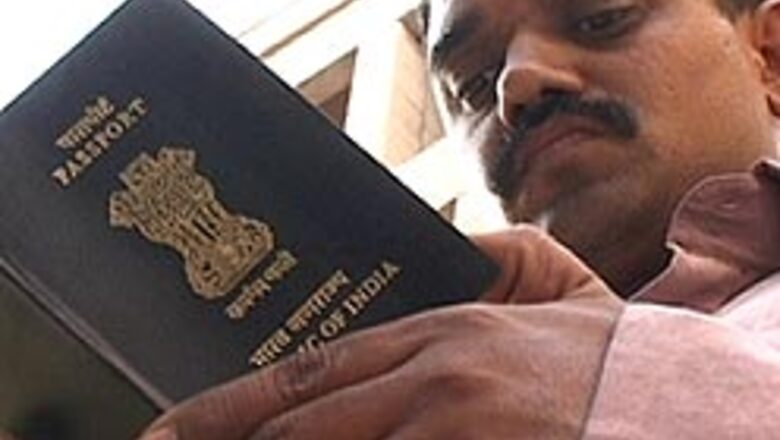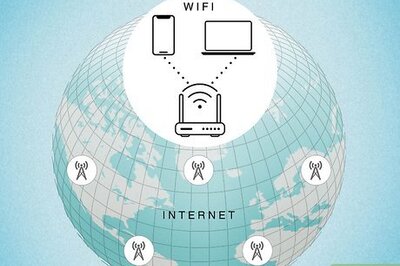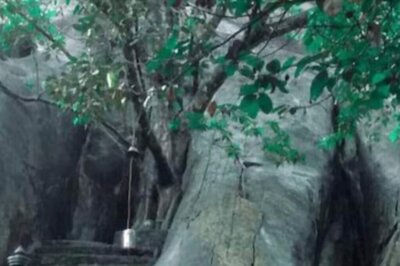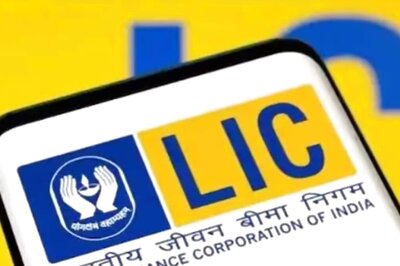
views
New Delhi/Washington: India's software industry has opposed a US bill that seeks to make it mandatory for American companies to fill vacancies with locals before turning to skilled foreign workers.
"The stated objective of the bill is to prevent fraud and visa abuse. However, several of the provisions of this bill are against the principles of free trade and are creating trade barriers," said Som Mittal, president of the National Association of Software and Services Companies (Nasscom).
"In many ways, it's targeting Indian companies and restricts their ability to compete in the US marketplace. This is also against President (Barack) Obama's stand against protectionism at the G20 summit," he said in a statement.
US Senators Dick Durbin, a Democrat and a close aide of Obama, and Republican Chuck Grassley introduced a bill on Thursday, calling for American companies to make a "good faith effort" to look for workers at home before resorting to the H-1B visa route.
Nasscom, however, said the premise that H-1B visa was being used to displace American workers was misplaced. It also cited an analysis of the H-1B visas issued last year which said Indian companies had been allocated only 12,000 visas in 2008, out of the total limit of 85,000 visas.
The H-1B is a non-immigrant work visa, allowing foreign citizens with necessary skills to work in the US for as long as six years.
Major technology companies, including Microsoft, have pressed the government over the years to expand the quotas for foreign workers coming to the US, citing the need to recruit talent they cannot find at home.
"The H-1B visa was intended to be used only as a temporary measure when qualified Americans weren't available for highly specialised jobs. With unemployment at rates higher than we've seen in decades, there is no shortage of people looking for work, so companies should need (fewer) H-1B visas than last year," Senators Durbin and Grassley said in a joint statement.
PAGE_BREAK
"The H-1B visa programme should complement the US workforce, not replace it," Grassley, a senator from Iowa, argued.
Countering this view, the Nasscom said the H-1B visas were actually used for providing technically qualified talent.
Last month, the American association promoting international education (NAFSA) had stated that the US would shoot itself in the foot by turning its back on the best and the brightest.
"To turn away individuals with skills that we need, who want to live and work in America, under the illusion that by doing so we are protecting our economy, is to deny ourselves a resource that we need to help pull us out of the recession," it said in a statement.
Indian nationals accounted for 157,726 (37.8 percent) of the 409,619 H-1B admissions in the US in 2008. In terms of numbers, this is a drop of about 3,000 as compared to 2007. In 2006, the figure was 125,717.




















Comments
0 comment